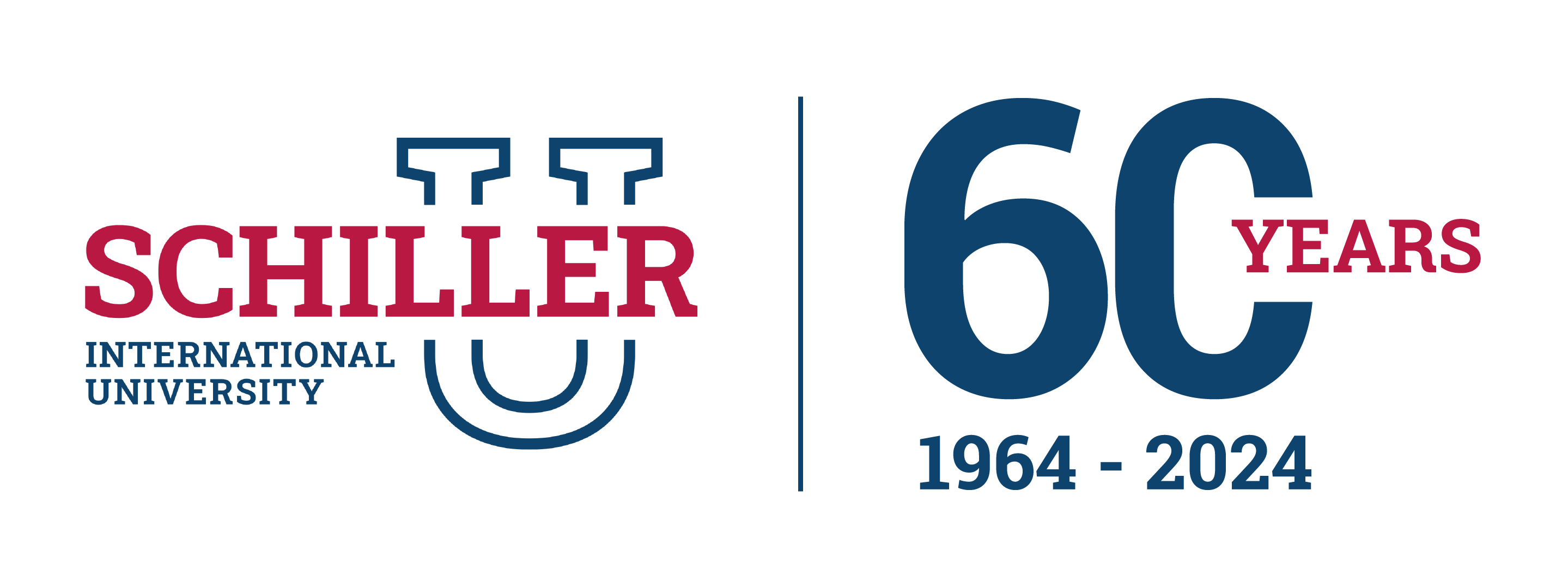Outdoor Learning: Do You Believe in Ghosts?
On 10 October 2023, Paris students had the exciting opportunity to visit the Do You Believe in Ghosts? exhibition at the Fondation d’entreprise Pernod Ricard with their professor, Dr Myriam Benraad, Global Academic Chair for International Relations & Diplomacy at Schiller International University. The question is borrowed from Ken McMullen’s 1983 film Ghost Dance, with Pascale Ogier in the title role and an appearance by Jacques Derrida in his own role. The scene is a mise en scène: a student asks a professor if he believes in ghosts. Derrida’s lengthy reply turns the hypothesis that ghosts – or the experience of ghosts – are attached to an ancient historical period or a pre-modern obscurantist milieu. Shortly after this cinematic adventure, Derrida embarked on a critical rehabilitation of the ghost, which gave rise to his famous book Spectres de Marx (1994) and other texts and interviews.

His work is constantly cited as the catalyst for what some Western researchers defined in the late 1990s as the “spectral turn”, i.e., the moment when ghosts, or specters, cease to be perceived as obscurantist figures and instead arouse awareness as bearers of a specific ethical and political potential. As an analytical tool, the ghost inevitably interrupts the presence of the present; its liminal position between visibility and invisibility, life and death, materiality and immateriality, makes it impossible to approach anything as an isolated fact or, to put it bluntly, to walk alone.
To evoke ghosts as conceptual metaphors in Paris in 2023 is also to recognize that these phenomena are culturally specific. Non-Western contexts produce considerably different epistemologies and critical potentialities regarding spectrality. Living with ghosts differs from ghosting, or the subject’s experience of social erasure, since haunting is one of how abusive systems of power make themselves known and whose impacts reverberate in everyday life, particularly when they are supposed to be over (as with colonial invasions and transatlantic slavery, for example).
What unites the group of artists selected to participate in this edition is their disagreement with univocal interpretations or simplified representations of today’s present. Their work points differently to that which is formally absent but which, in a way, asserts its presence. The essence of a ghost – or any good piece of art, for that matter – is that it claims its due and draws your attention. This exhibition aims not to exorcise or solve any problem but rather to talk about ghosts, learn to live with them, and (re)imagine the present and future through them. Living with ghosts also means realizing that beneath the surface of history with a capital H lies another narrative comprising many unspoken and erased stories.
As the philosopher Avery Gordon puts it, to adopt a perspective other than the authorized and official one and write stories dealing with exclusions and invisibilities is to write ghost stories. In this sense, the process unfolding through this exhibition could be seen as a collective ghost story. Everything stems from the assumption that the same world (one among others, as the Mexican Zapatistas remind us) in which secularized historical time has been forged must inevitably coexist with and recognize its specters.
The ghost remains an unruly figure even when it mutates into a conceptual metaphor. It is never stable because nothing is. The works in the exhibition are all new. Like ghosts, they inhabit a form of latency, a liminal state. Specific ideas, themes, forms, and subjects are evoked. Still, nothing is yet definitive and perhaps never will be: vulnerability, invasiveness, hospitality, erasure, self-defense, and urban and ethereal spaces are some of the conceptual guidelines defined in this unique exhibition.

 Apply Now
Apply Now









